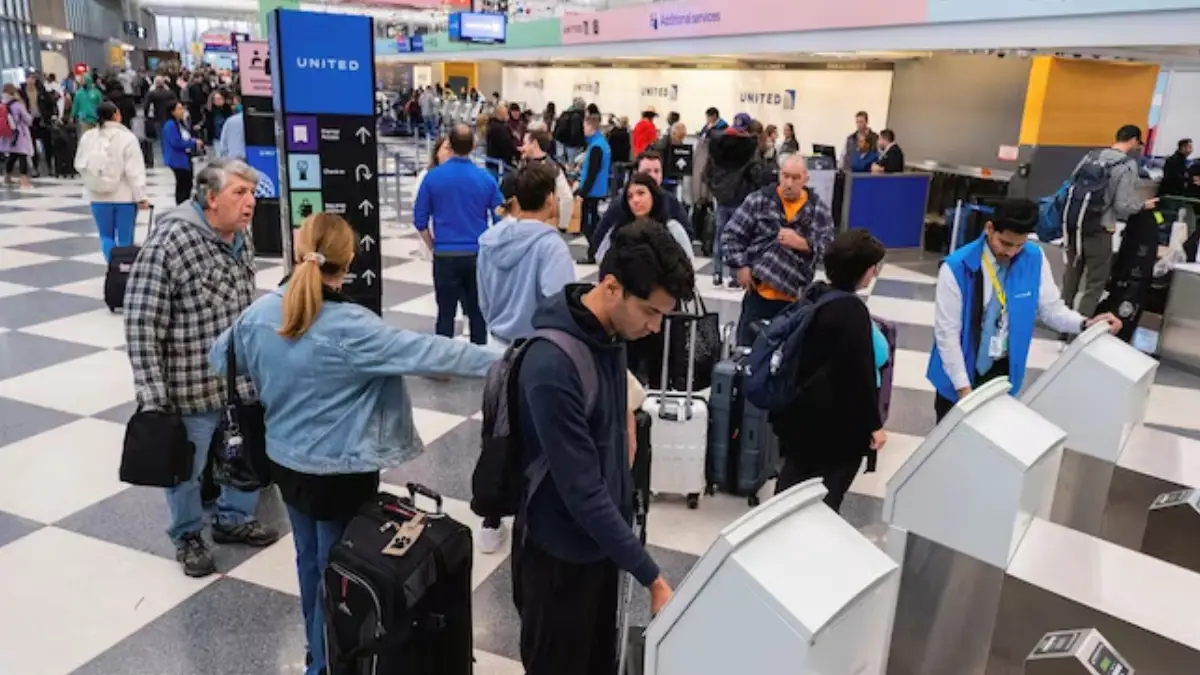In a swift about-face amid widespread confusion, the White House has specified that its newly announced $100,000 surcharge on H-1B visas applies solely as a one-time levy for fresh applicants, sparing renewals and existing holders from recurring costs.
The policy shift emerged from an executive order signed by US President Donald Trump on Friday, aimed at bolstering domestic employment by curbing what the administration views as the program’s misuse. Trump contended that the H-1B initiative, which enables firms to hire overseas specialists like scientists, engineers, and programmers for up to six years, has too often displaced American workers with cheaper foreign labor.
Commerce Secretary Howard Lutnick, standing alongside Trump in the Oval Office during the signing, initially described the fee as an annual obligation for both new hires and extensions. “The company needs to decide… is the person valuable enough to have $100,000 a year payment to the government? Or they should head home and they should go hire an American,” Lutnick remarked to reporters. He insisted that major corporations supported the measure, though he acknowledged it would force tough choices on staffing.
Hours before the order’s activation at 12:01 a.m. Eastern Time on Sunday—equivalent to 9:01 p.m. Saturday on the West Coast—White House Press Secretary Karoline Leavitt moved to quell the uproar via social media. “This is NOT an annual fee. It’s a one-time fee that applies… only to new visas, not renewals, and not current visa holders,” she posted. Leavitt further reassured that those with valid H-1B visas abroad faced no reentry penalties: “Those who already hold H-1B visas and are currently outside of the country right now will NOT be charged $100,000 to re-enter. H-1B visa holders can leave and re-enter the country to the same extent as they normally would.”
The abrupt announcement had triggered panic across corporate America, particularly in tech hubs. Prior to the clarification, firms urged H-1B staff to postpone travel, fearing denial upon return. The San Francisco Chronicle reported instances of passengers disembarking flights on Friday due to reentry concerns. JPMorgan, for one, circulated an internal memo directing visa holders to stay stateside pending clearer directives.
The H-1B lottery, capped at 85,000 annually but with far more applicants, overwhelmingly favors Indian professionals, who secure about 75% of approvals. In 2024 alone, the US greenlit roughly 400,000 such visas, including two-thirds renewals, fueling innovation in Silicon Valley and beyond.
Critics, including tech leaders like Elon Musk—a onetime Trump confidant—have decried the curbs, arguing the US lacks sufficient native talent for critical roles. Musk and others contend the program supplements, rather than supplants, American jobs.
From New Delhi, India’s foreign ministry voiced measured concern, highlighting how skilled migration has spurred mutual “innovation” and “wealth creation.” It warned of potential “humanitarian consequences” from family separations and urged US officials to mitigate disruptions.
Trump paired the visa tweak with a separate $1 million “gold card” pathway for high-net-worth immigrants, emphasizing that entrants must contribute financially. “The main thing is, we’re going to have great people coming in, and they’re going to be paying,” he told journalists.
Legal experts anticipate swift court challenges to the order, which takes effect amid a polarized debate over immigration’s economic role. For now, the revised terms offer tentative stability to the hundreds of thousands reliant on H-1B status.
